In a rare acknowledgment, Pakistan’s Planning Minister Ahsan Iqbal admitted that the country failed to gain from the China-Pakistan Economic Corridor (CPEC), saying that political controversies created by the previous government drove Chinese investors away.
Speaking at the opening session of the two-day DataFest Conference organised by the Pakistan Bureau of Statistics (PBS), Iqbal said Pakistan’s economy had repeatedly missed chances for growth and “dropped the catch of the game changer CPEC.”
He blamed former prime minister Imran Khan’s Pakistan Tehreek-e-Insaf (PTI) administration for tarnishing the reputation of Chinese investments, which, he said, pushed investors to exit the country despite Beijing’s support in difficult times.
The USD 60 billion CPEC, a central part of China’s Belt and Road Initiative (BRI) connects Xinjiang with Pakistan’s Gwadar port in Balochistan and was envisioned to transform Pakistan’s infrastructure and economy.
According to The Express Tribune, it is unusual for a senior minister to admit that CPEC’s targets were not achieved. The report noted that progress on the project has stagnated since 2018. Of the 14 meetings of the CPEC Joint Cooperation Committee (JCC), the main decision-making forum, meaningful progress was made only until the seventh meeting in late 2017.
Pakistan has reaped short-term benefits from the CPEC, but long-term objectives have remained largely unachievable, the paper said.
“The second phase of CPEC, aimed at shifting Chinese industries to Pakistan and increasing the country’s exports through rapid industrialisation, could not kick off,” it said. The paper reported that even more than 10 years after the implementation of CPEC began, both sides in the last JCC believed that it was necessary to implement support measures for Special Economic Zones (SEZs) and improve supporting facilities and services to attract enterprises to settle in the SEZs.
Quick Reads
View AllThe Pakistani side assured them that it would continue to improve the business environment, continuously take facilitation measures, and support and attract foreign enterprises, including Chinese enterprises, to invest and operate in the SEZs, it added.
With inputs from agencies


)
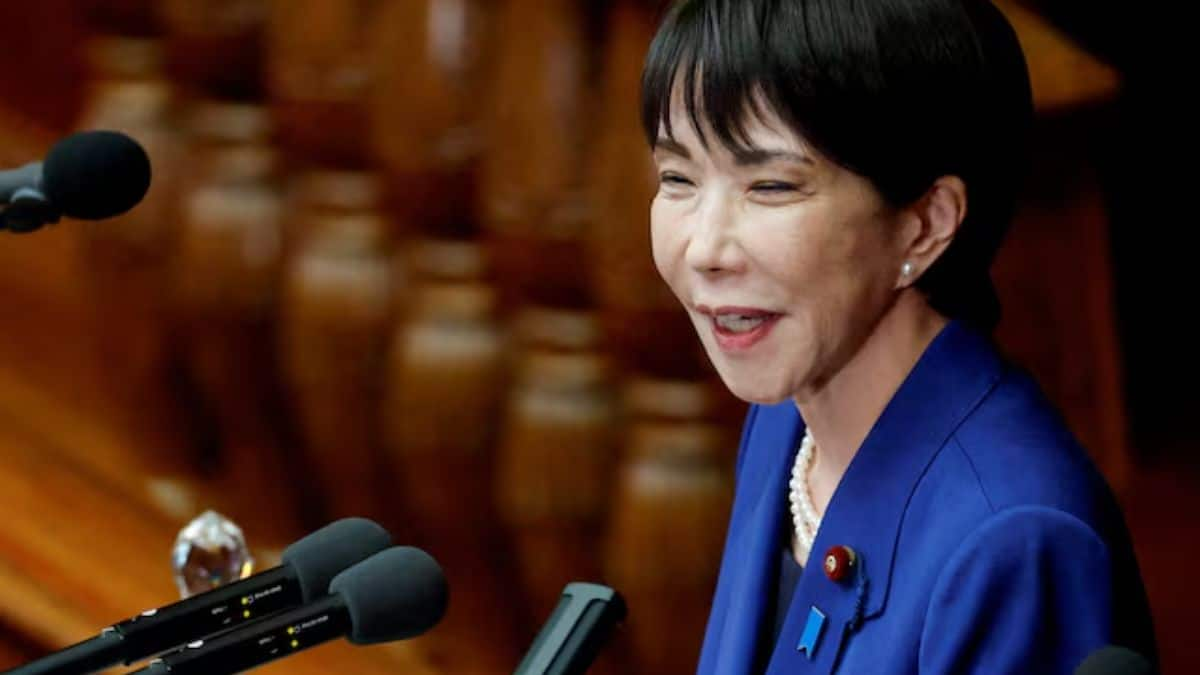
)
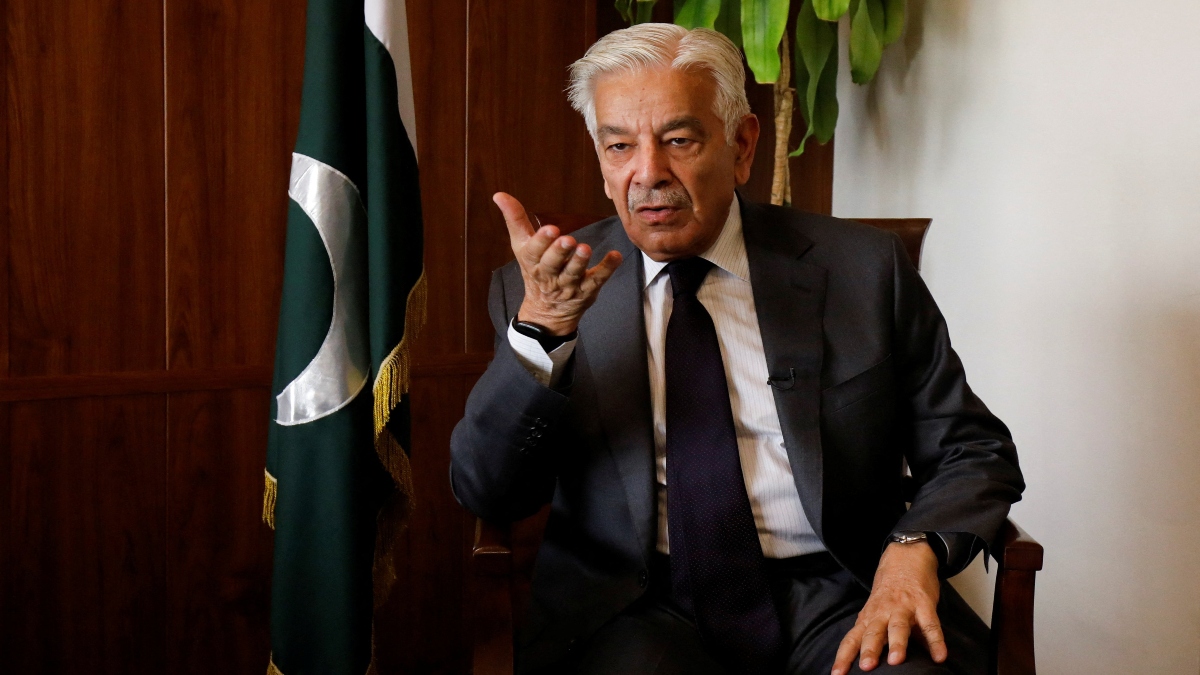)
)
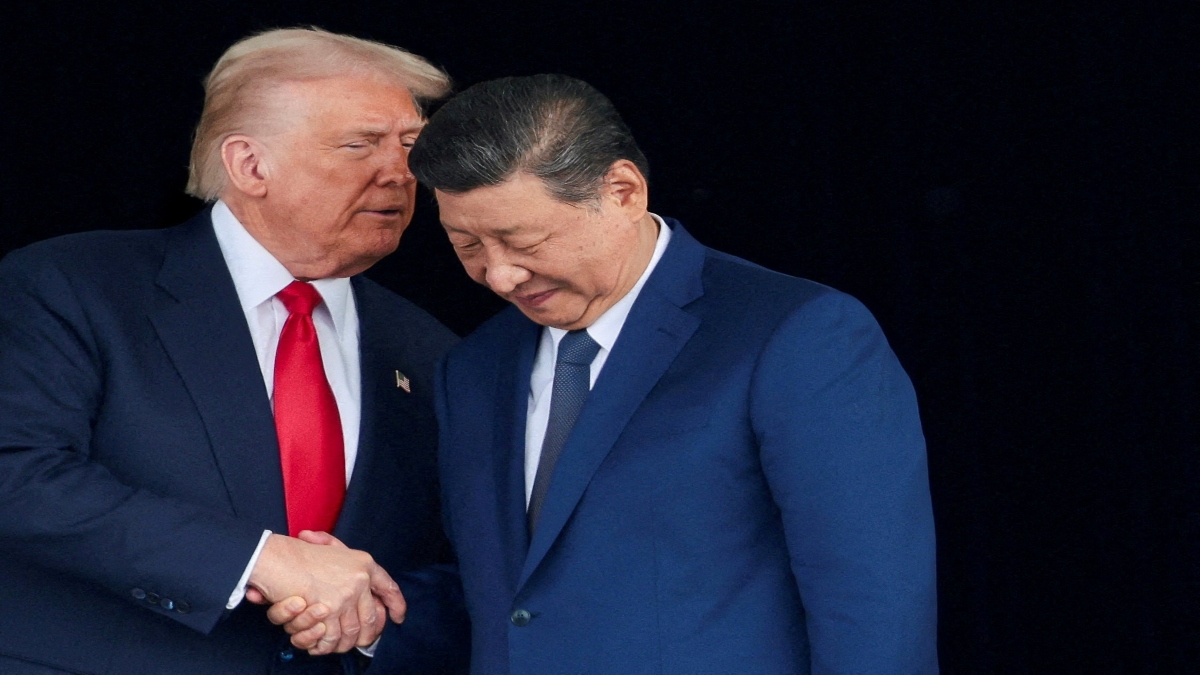)
)
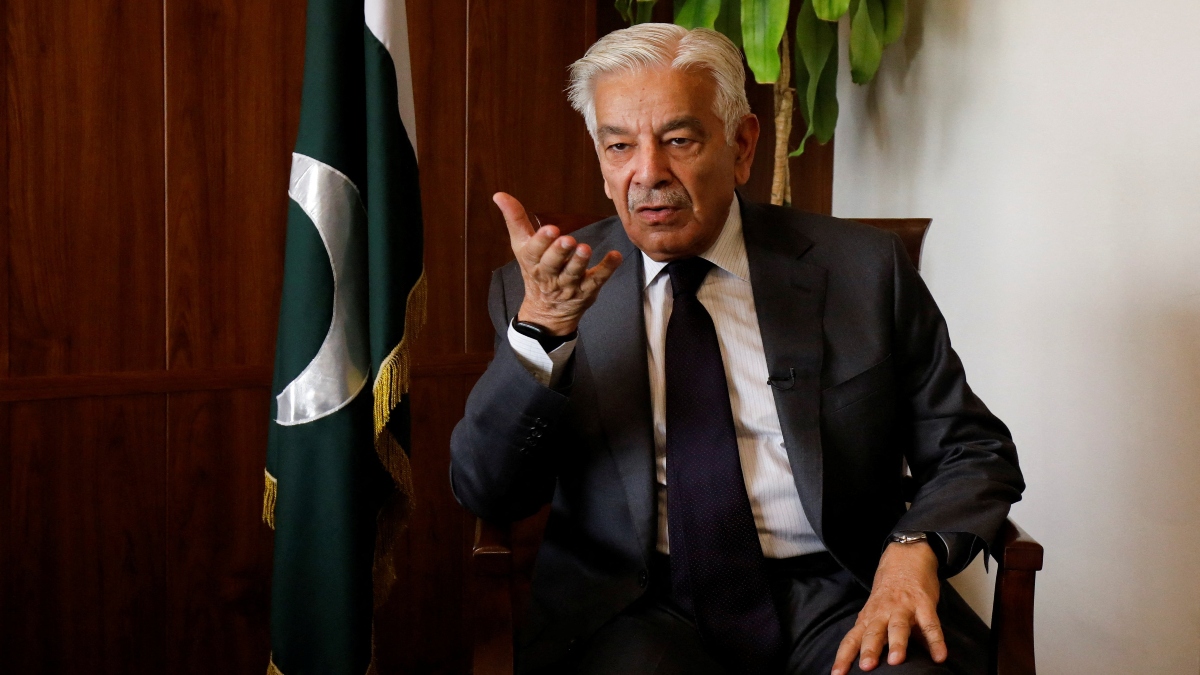)
)
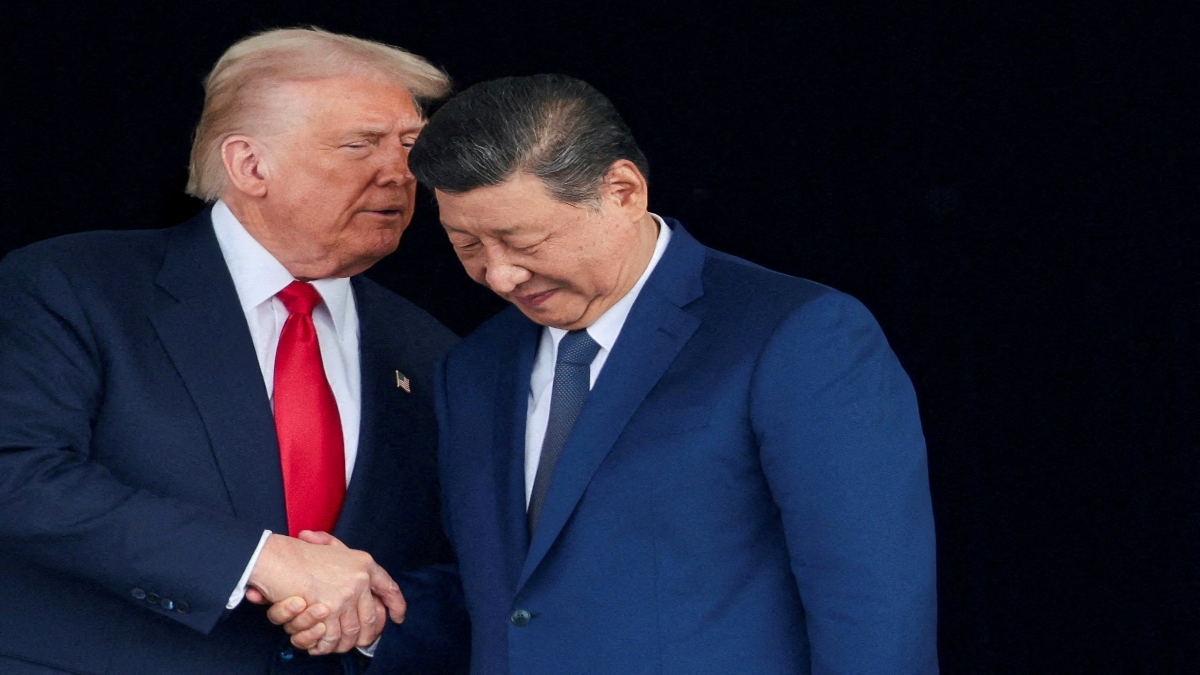)



